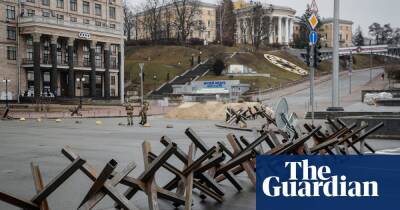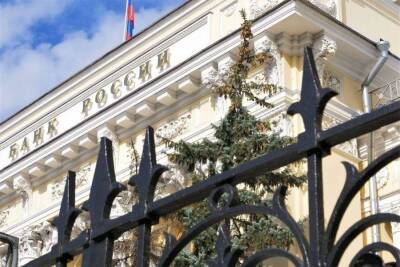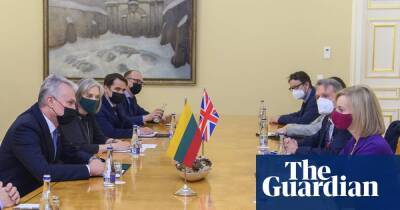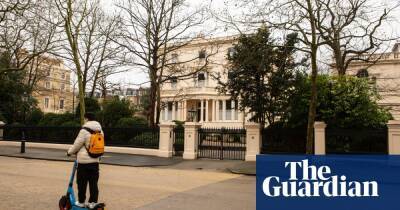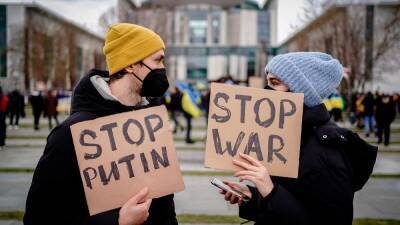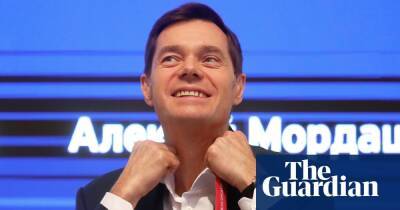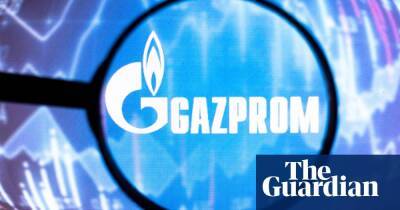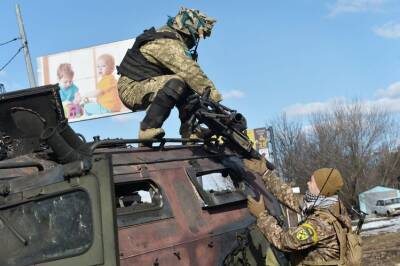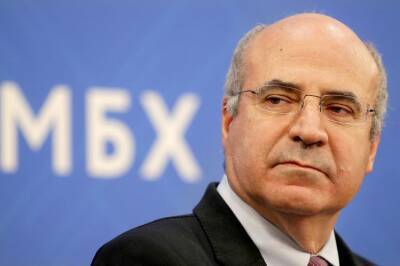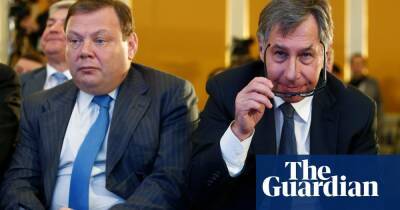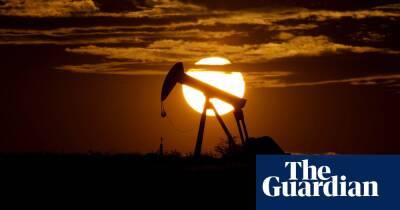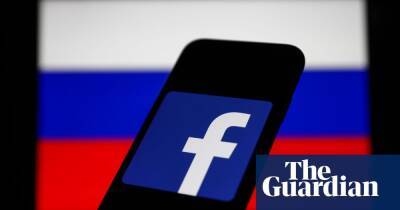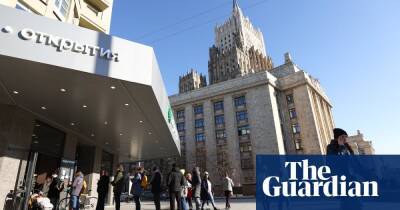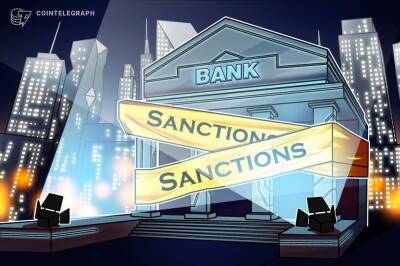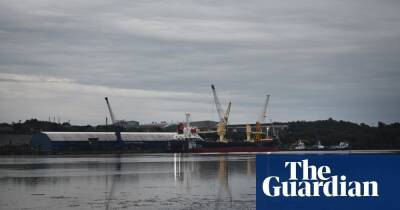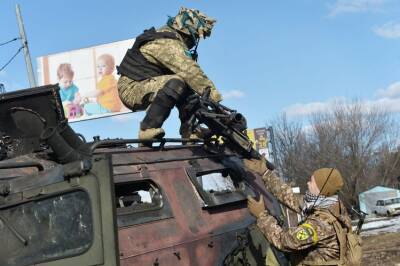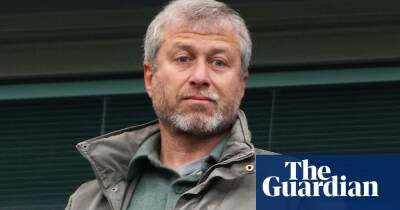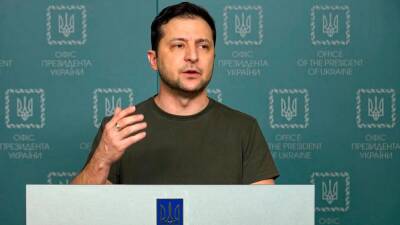Why a swift economic victory against Russia looks unlikely
Be ready for a long haul. That was the subtext of Boris Johnson’s message to MPs as he committed to toughening up sanctions against Russia.
The warning to prepare for a “protracted struggle” was both timely and appropriate. There will be no quick knockout blow because Vladimir Putin has had time to prepare and is well dug-in.
On the face of it, it should be an unequal fight. Russia is the world’s biggest landmass but has annual output smaller than Italy’s. Income a head is about a quarter of that in the UK.
Russia’s economy has gone through distinct phases since the collapse of the Soviet Union in the early 1990s: an initial shock treatment that resulted in a savage recession and culminated in a financial crisis in 1998; a strong recovery in the first decade of the 21st century on the back of booming oil and gas exports; and a recent period of stagnation as the failure to diversify the economy took its toll.
After growing by 7% a year on average in the decade leading up to the global financial crash of 2008, the Russian economy was expanding by only about 2% annually in the three years leading up to the pandemic.
The upshot is that – in some respects at least – the economy has not really moved on since the days of the Soviet Union. Russia is still rich in natural resources and human capital but performs sluggishly and has only limited ties with the west.
Dr Holger Schmieding, the chief economist at the investment bank Berenberg, said Russia was a major military power and energy producer, but not a relevant market for most countries. Germany, for example, exports far more to Poland than it does to Russia.
But, as those who have taken on Russia in the past have found to their cost, appearances can be deceptive and there are a
Read more on theguardian.com


